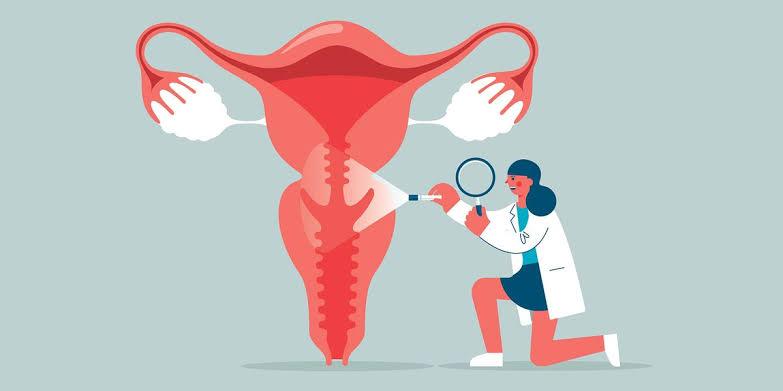India has initiated an ambitious campaign to eliminate cervical cancer by training tens of thousands of doctors to promote and administer the human papillomavirus (HPV) vaccine. This initiative addresses the significant burden of cervical cancer in the country, which accounts for one in five cases globally, with a woman dying from the disease every eight minutes in India.
Cervical cancer is a type of cancer that occurs in the cells of the cervix — the lower part of the uterus that connects to the vagina. It is primarily caused by persistent infection with high-risk types of the human papillomavirus (HPV), a common virus transmitted through sexual contact. If not detected early, cervical cancer can be deadly, but it is one of the most preventable and treatable forms of cancer, especially with timely vaccination and screening.
Training and Outreach Efforts
The Federation of Obstetric and Gynaecological Societies of India (FOGSI) has taken a leading role in this campaign. In the past year, approximately 11,000 FOGSI members underwent virtual training focused on HPV vaccination. From this group, about 100 have become part of the National HPV Faculty, each tasked with training 500 general physicians over the next six months. The training encompasses practical information on vaccine dosages, insights into the World Health Organization’s cervical cancer elimination goals, and strategies to address common questions and misinformation.
Community outreach is a critical component of the initiative. Doctors are engaging with communities in local languages, conducting presentations in schools and community centers to counter vaccine hesitancy and misinformation. The COVID-19 pandemic has inadvertently facilitated these efforts, as increased public awareness about vaccines has made discussions about HPV vaccination more approachable, even in rural areas.
Government Initiatives and Indigenous Vaccine Development
The Indian government has expressed strong support for HPV vaccination. In the interim Union Budget for 2024-25, Finance Minister Nirmala Sitharaman announced plans to encourage HPV vaccination for girls aged 9 to 14 years to prevent cervical cancer. This initiative aims to integrate the vaccine into the Universal Immunisation Programme (UIP), ensuring broader access.
A significant advancement in this endeavor is the development of India’s first indigenous HPV vaccine, Cervavac, by the Serum Institute of India in collaboration with the Department of Biotechnology. Launched in 2023, Cervavac is a quadrivalent vaccine effective against the most common cancer-causing HPV types. Its introduction is expected to reduce costs and improve accessibility, facilitating the inclusion of the HPV vaccine in the national immunization schedule.
Challenges and the Path Forward
Despite these efforts, challenges remain, particularly in rural areas where awareness about cervical cancer and the HPV vaccine is limited. Healthcare professionals emphasize the need for extensive awareness campaigns to educate communities about the benefits of vaccination and to dispel myths and misconceptions. Identifying and vaccinating school-aged girls, especially those in classes five to eight, is a priority.
The government’s commitment to making the HPV vaccine affordable is evident in its exploration of price capping strategies and inclusion in the UIP. These measures aim to ensure that the vaccine is accessible to all eligible girls, regardless of socioeconomic status.
India’s comprehensive approach, encompassing healthcare professional training, community engagement, indigenous vaccine development, and government policy support, represents a significant step toward eliminating cervical cancer. Continued efforts in education, awareness, and healthcare infrastructure are essential to achieve this goal and improve women’s health outcomes nationwide.
SHE LIT TEAM

